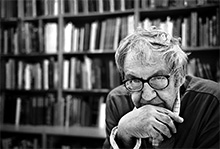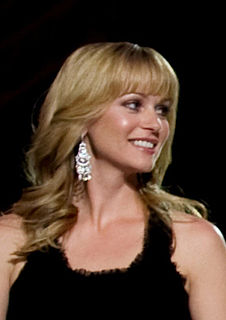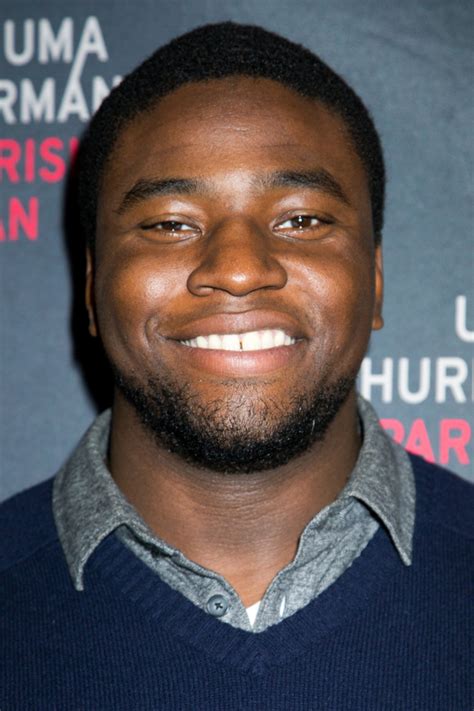A Quote by Saul Leiter
Being ignored is a great privilege. That is how I think I learned to see what others do not see and to react to situations differently. I simply looked at the world, not really prepared for anything.
Related Quotes
To form a judgment intuitively is the privilege of few; authority and example lead the rest of the world. They see with the eyes of others, they hear with the ears of others. Therefore it is very easy to think as all the world now think; but to think as all the world will think thirty years hence is not in the power of every one.
I think the beard helps offset - it's the only hairstyle I can really pull off. But I'm often clean-shaven. I think, you know, for me, it's not that signifier. What's interesting to me though is although the beard isn't a signifier of that to me, other people very often think that it is. And so people in America might react differently. The, you know, border agents might react differently. The guys at airport security might react differently.
You can have a team of unconventional thinkers, as well as conventional thinkers. If you don't have the support of others you cannot achieve anything altogether on your own. It's like a cry in the wilderness. In each instance there were others who could see the same thing, and there were others who could not. It's an obvious difference we see in those who you might say have a bird's eye view, and those who have a worm's eye view. I've come to realize that we all have a different mind set, we all see things differently, and that's what the human condition is really all about.
I remember standing on a street corner with the black painter Beauford Delaney down in the Village, waiting for the light to change, and he pointed down and said, 'Look.' I looked and all I saw was water. And he said, 'Look again,' which I did, and I saw oil on the water and the city reflected in the puddle. It was a great revelation to me. I can't explain it. He taught me how to see, and how to trust what I saw. Painters have often taught writers how to see. And once you've had that experience, you see differently.






































